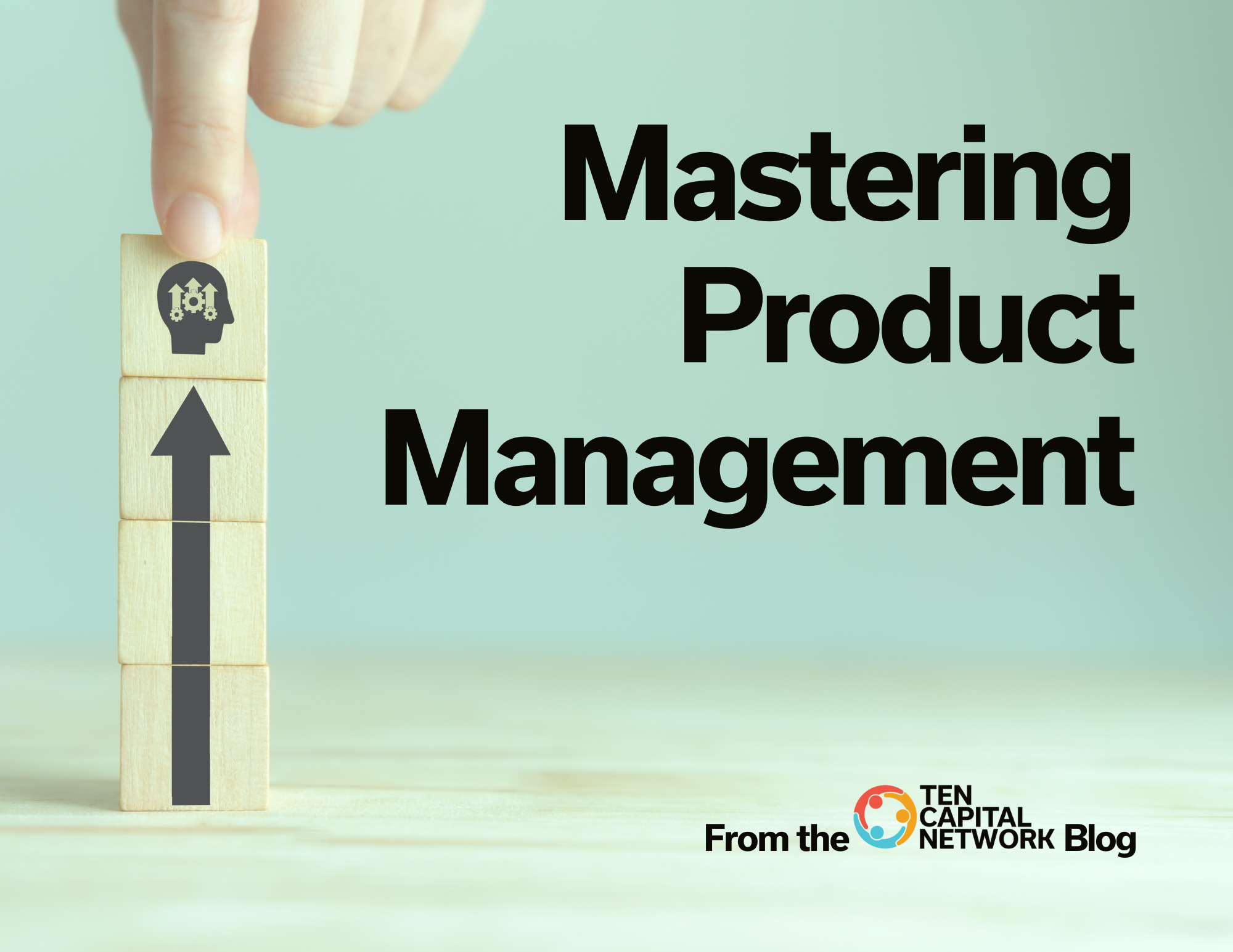2 min read Startup valuations differ from standard valuations in that they don’t solely rely on expected cash flows, book value, or other tangible aspects of the business. Intangibles such as quality of the team, intellectual property, product status, and customers are the driving factors. In this article, we look at why startups may want to perform a valuation and how they can maximize their results.
Why Perform Startup Valuations
Most angel investors want 25% of the equity for an initial round of investment. In addition, they want to have a say in the business through a board of directors or advisory role.
To justify your startup value, focus on articulating the values that are already in the business as follows:
- Highlight the team you have built so far and their experience. Show what the team is doing to make the company successful.
- Show the current product development and highlight what has been done so far.
- Outline the intellectual property you have including provision patents. Make sure you file your provisional patents in advance of launching a fundraise so you can point to having patent-pending technology.
- Always note customers even if they are not yet paying for your product. Customer involvement results in a higher valuation. If you have revenue, use it to prove market validation showing customers will pay for it.
If you cannot sell the proposed valuation for the raise consider cutting the fundraise target in half to make the risk appear lower.
Maximizing Your Valuation
Valuation is a negotiation and not a formula. While there are formulas and rules of thumb to help determine valuation, it ultimately comes down to positioning and negotiating. Here are some key points to maximize your valuation:
- Emphasize the team and show what they are doing to help your business.
- Highlight the repeatable, predictable nature of your revenue rather than the absolute value of it.
- Emphasize your most recent milestones showing customer demand and past market success.
- Calculate your valuation with various models to find the one that puts your deal in the best light with the highest valuation.
- Consider the market in timing your fundraise. The hotter the stock market, the higher the valuation you can demand.
- Investors pay more for new, trendy technology. Connect your startup to a technology trend if possible.
Positioning your deal properly will earn you a higher valuation. And remember, valuation is a negotiation. This means everything counts.
Feel free to try out our calculators and contact us if you would like to discuss your fundraise: https://www.startupfundingespresso.com/calculators/

Hall T. Martin is the founder and CEO of the TEN Capital Network. TEN Capital has been connecting startups with investors for over ten years. You can connect with Hall about fundraising, business growth, and emerging technologies via LinkedIn or email: hallmartin@tencapital.group.





